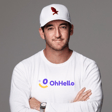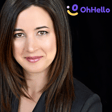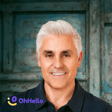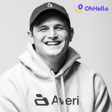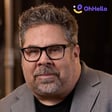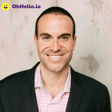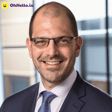
OhHello - Ari Paparo
OhHello!
It's episode 75, and this #adtech #influencer is not only proud to be an early "Hello" (mentor) on the OhHello.io 🌞☕️ platform, but Ari Paparo also co-hosts, with Eric Franchi, one of the best pods in #digitaladvertising #marketing (a la Marketecture Media).
As an AdTech pioneer (Doubleclick, Google, AppNexus) to CEO of Beeswax (Acquired by Comcast), Ari has picked up a thing or two during his tenure in the ecosystem.
In this episode, he provides advice, actionable tips for entrepreneurs, and pays homage to 2 powerhouse mentors that helped him along the way:
🔥 David Rosenblatt --> "what's the 1 thing we can do to create change?" - that has made an impact on Ari for 20 yrs
⚖️ Neal Mohan --> being able to manage complexity amongst teams, products, and still always GSD
We're stoked to have Ari on the OhHello.io platform!
https://pod.link/1666003514 (for your listening pleasure)
-----
annnnd, for those playing at home, don't forget our cliff-hanger from Zach Kubin's vod- go to adelaidemetrics.com/ohhello to uncover the cure for Waldosis (free 👕)
